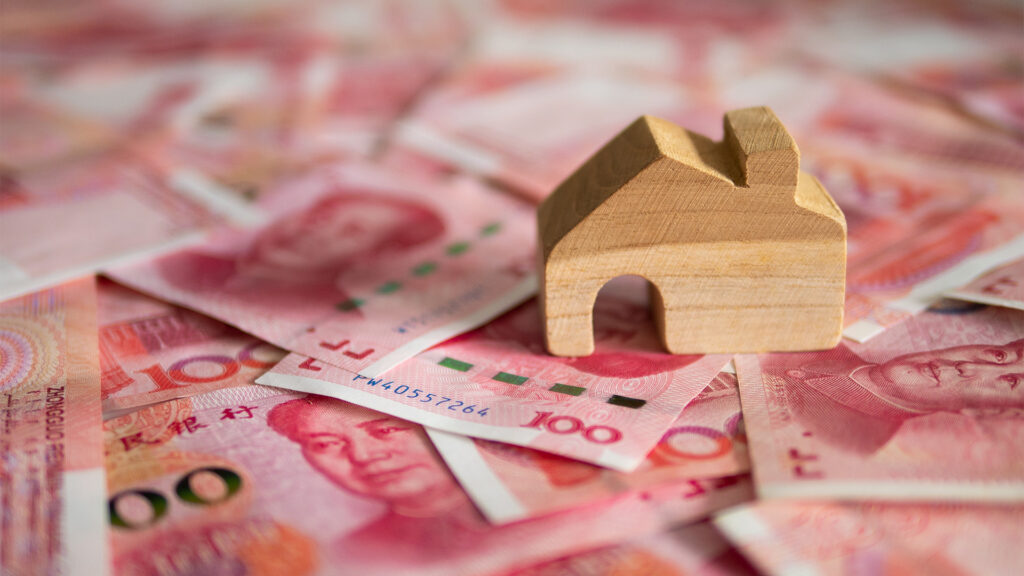China’s economic troubles were laid bare on Wednesday for the world to witness, signaling a troubled economy. Wednesday’s release of economic data for December, the quarter, and 2023 confirmed the extent of the crisis: house prices plummeted at rates not seen in 8 years, property sector investment plunged once again, and the population experienced its largest drop in decades, with births dwindling to half the rate of 8 years ago.
While Premier Li Qiang proclaimed China to be ‘open for business’ at Davos in Switzerland on Tuesday, the data release exposed the harsh reality of an economy crippled by poor management by the Communist Party-led government and President Xi Jinping.
2023 saw economic growth confirmed at 5.2% for the year, up from 3% in 2022, but this was considered a weak outcome given the early 2023 hype about a rebound after the 2021 and 2022 lockdowns. Exports and imports fell for the first time in years, the housing crisis worsened despite efforts to stabilize it, and the economy experienced widespread deflation without any interest rate cuts or stimulatory measures.
To compound the issues, China’s National Bureau of Statistics (NBS) reported that China’s population continued to decline, with 2023’s drop being significantly larger than 2022’s, reaching levels not seen since the Great Famine under Mao Zedong. Deaths increased by 6.6%, and the birth rate reached a record low.
This population decline is attributed to factors such as Covid-related deaths, rising costs, delayed marriages, and the high cost of educating children in a competitive academic environment. Additionally, China faces record-high youth unemployment, falling wages for white-collar workers, and a full-blown real estate sector crisis that affects two-thirds of household wealth.
These factors are fueling concerns that China’s growth prospects are weakening, with fewer workers and consumers and a growing debt burden that seems insurmountable—contrary to the message conveyed by the Premier at Davos.
Data from the National Bureau of Statistics (NBS) revealed that for the second consecutive year, Chinese property investment declined at the steepest rate in 23 years. New home prices saw the worst declines in almost nine years, despite government efforts to support the sector.
Overall, property investment dropped 9.6% in 2023, mirroring the slide in 2022. Experts suggest that the success of 2024 will depend largely on officials’ effectiveness in reviving the property market. Measures have been taken, including increased funding for property and infrastructure projects, and easing home purchase restrictions in some cities. However, these actions have yet to stabilize housing prices.
Experts and economists emphasize the importance of continued policy relaxation and support for affordable housing to engineer a soft landing for the property market, echoing Moody’s and HSBC’s views on the matter.

